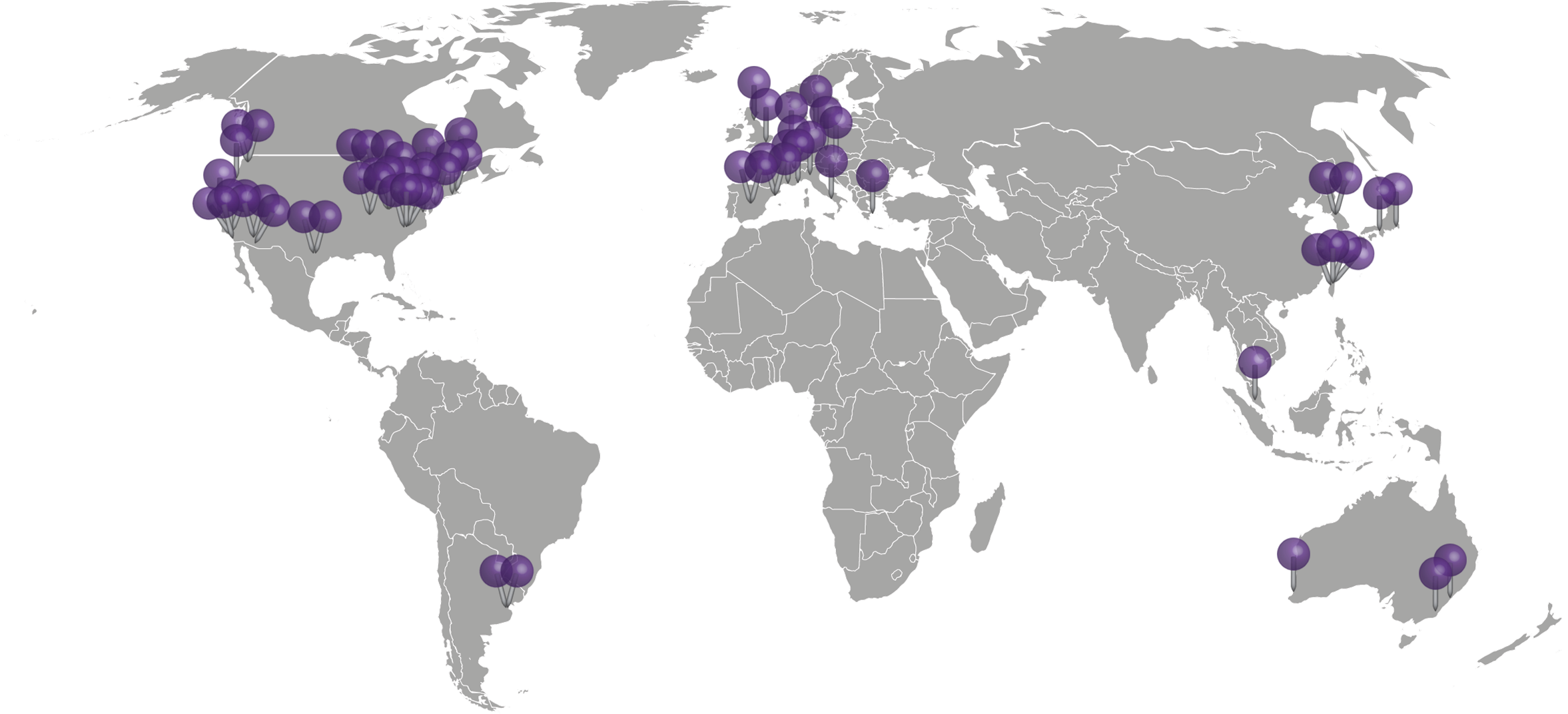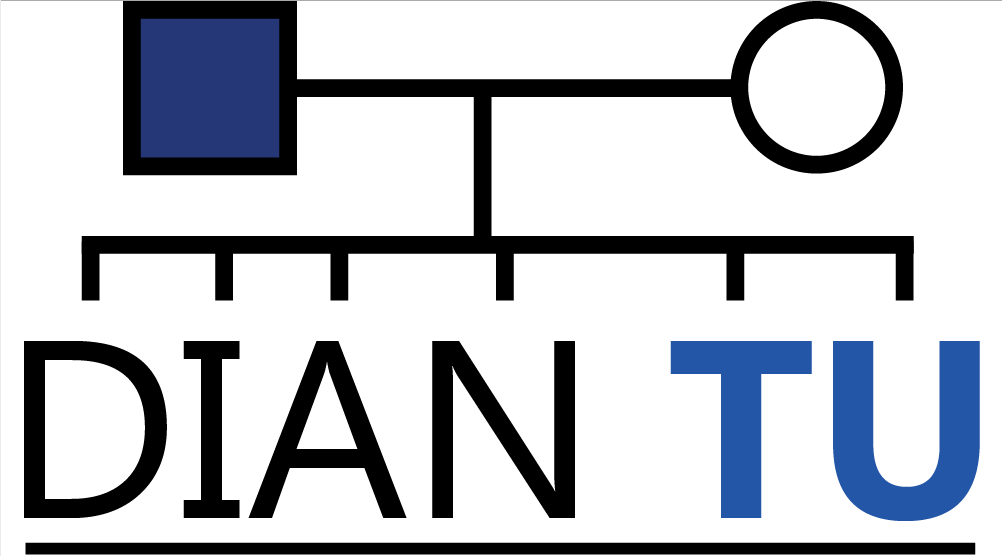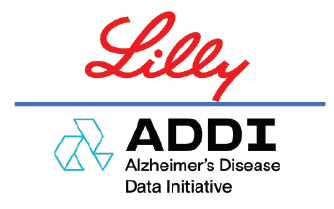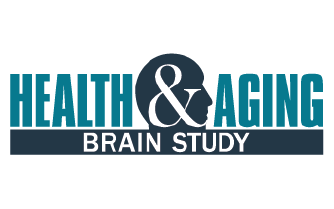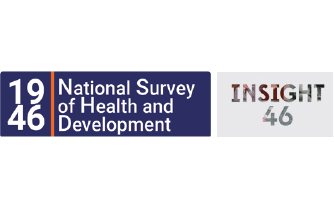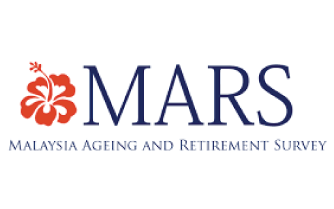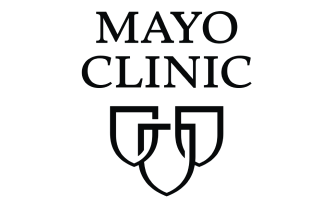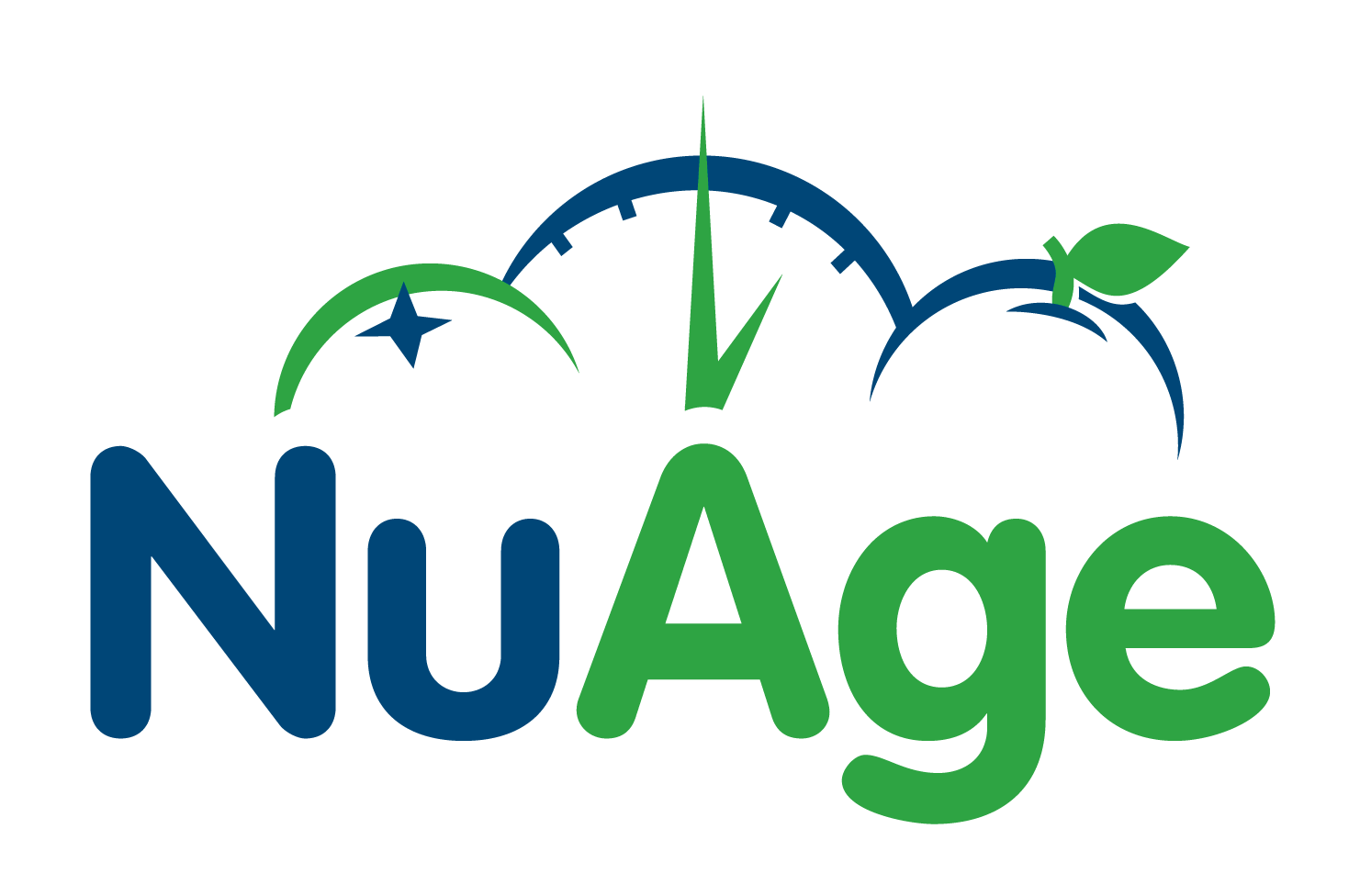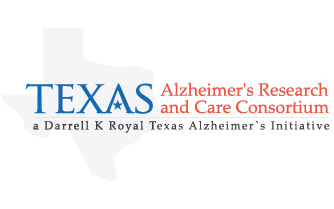Partners
GAAIN seeks to establish trusted partnerships with centers that collect and study data from subjects with Alzheimer’s disease, dementia and aging. Given that the Alzheimer’s disease research community is large, diverse, and rich in resources, our goal is to bring together research leaders and maximize the potential for scientific discovery using existing genetic, imaging, clinical, behavioral and other data.
GAAIN’s success depends upon uniting Alzheimer’s disease and dementia study centers that have decided to participate in the partner program and our goal is to develop a strong platform from which investigators can study these Alzheimer’s disease data in a collaborative and innovative manner.
Benefits
GAAIN leaves the control over data access in the hands of the data owner and provided mechanisms for sharing data that have a low cost for the data owner.
GAAIN does not interfere with user authorization or data tracking processes. Data Partners continue to manage who can access their data.
GAAIN gives data owners credit by presenting the partner’s logo and a link to website on all GAAIN interfaces.
GAAIN helps data owners satisfy data sharing requirements set by funding agencies, such as the 2023 NIH Data Management & Sharing Policy. GAAIN is an NIH-supported data sharing resource. Get in touch at info@gaain.org for more information on including GAAIN in funding applications or proposals that require a data sharing plan.
Supported Data Initiatives
In multicenter collaboration, there is strong need for a common understanding
for specimen/data collection, biomarker assays, data analysis and the reporting
of results. These efforts aim to tackle important issues to help investigators
work together. GAAIN supports initiatives that promote data sharing and
standardization within the Alzheimer’s disease and dementia research community
around the globe.
Centiloid Project
CenTauR Project
Biomarker QC Program
Become a Partner
Frequently Asked Questions for Partners
What are the requirements to become a partner?
Data Partners have collected data on subjects with Alzheimer’s disease or related dementias and are interested in accelerating research on the causes, diagnosis, treatment, and prevention of Alzheimer’s disease. To start the process, you will need to fill out the GAAIN Partner Application and agree to the terms in the non-legally binding Memorandum of Understanding (MOU).
Once I agree to become a partner, what are the next steps?
We will contact you and work with you to connect your data to the GAAIN network. This will involve mapping your data into the GAAIN schema and installing a small, lightweight client application on your computer. We will guide you through each step and offer technical support.
Do partners lose ownership of their data?
No. You always retain ownership of your data and can detach your data from the GAAIN network at any time.
Will my data stay secure?
The GAAIN network is secured from unauthorized access using industry standard secure transmission protocols. GAAIN investigators must abide by the user authentication and data use policies as stipulated by each partner.
Does the partners program include a publications policy?
GAAIN investigators must cite partners and their funding sources in all publications that use their data. Partners will also receive recognition on the GAAIN website and in any GAAIN-related presentations.
What if I can no longer participate in the partner program?
If, for whatever reason, you can no longer participate in the GAAIN Partner Program, let us know in writing 60 days prior to terminating your partnership. There is no obligation to continue and you always have full control of your data.
Ready to become a Partner?
Complete the GAAIN Partner Application online below or Download the PDF and email the completed document to info@gaain.org.
APPLY


